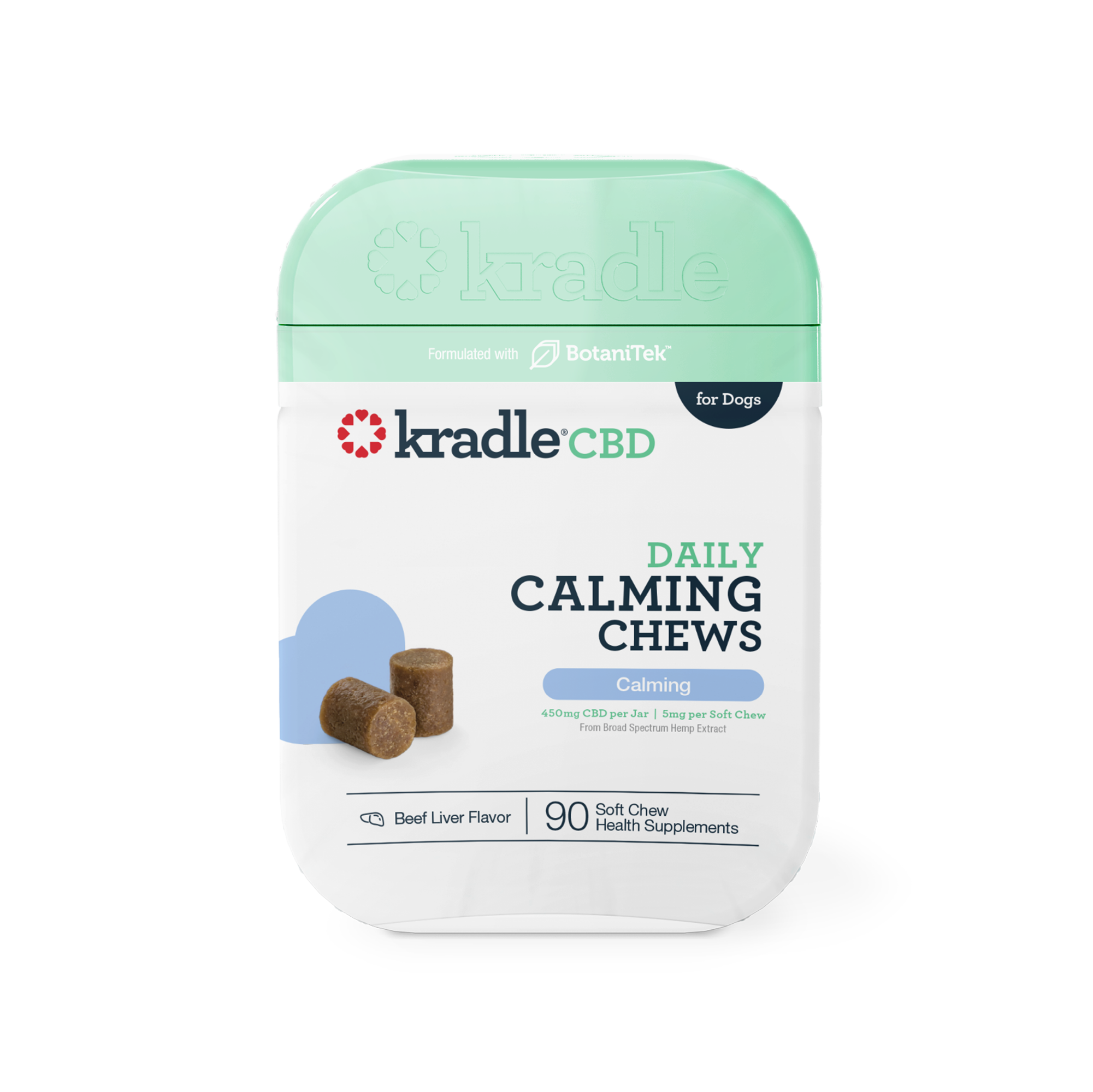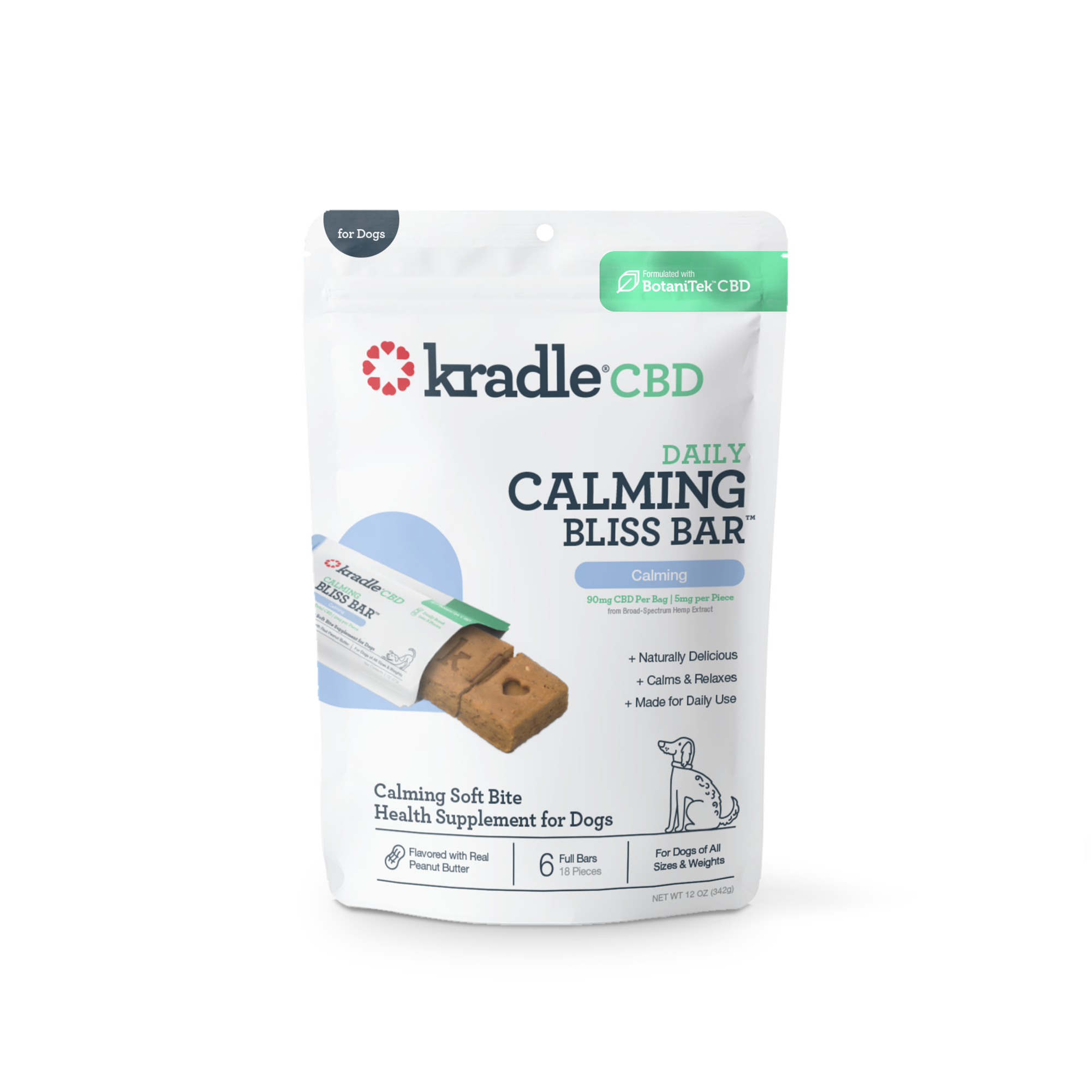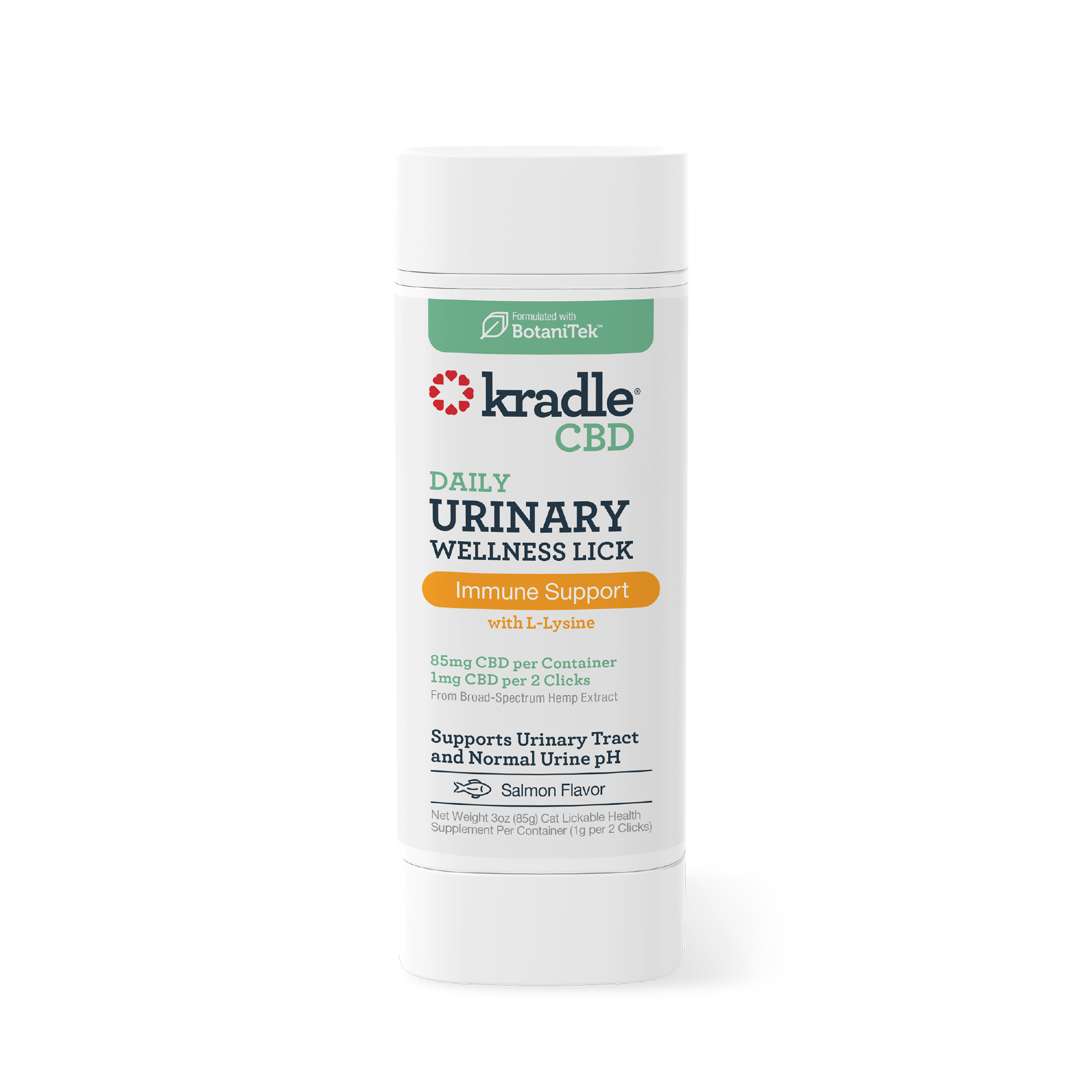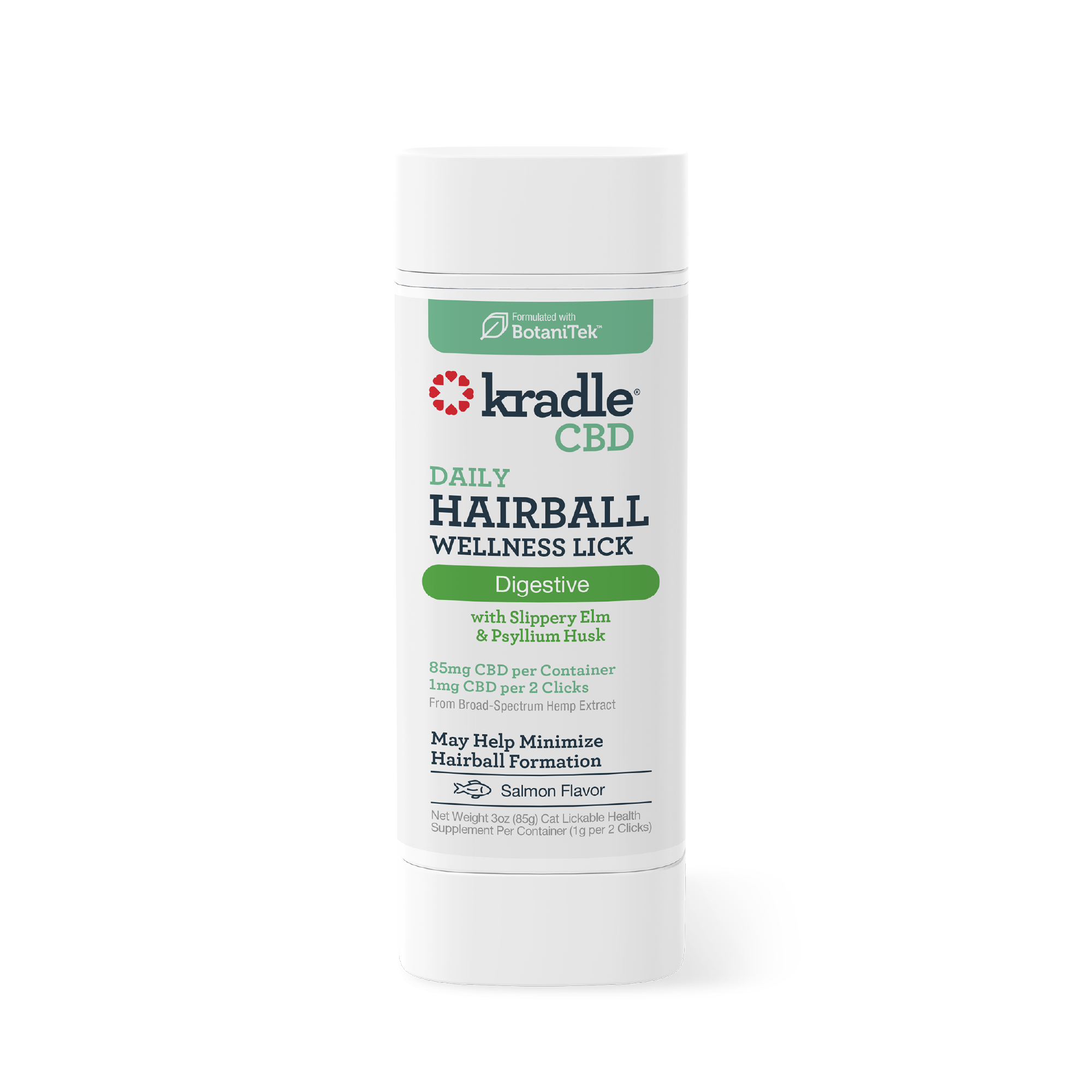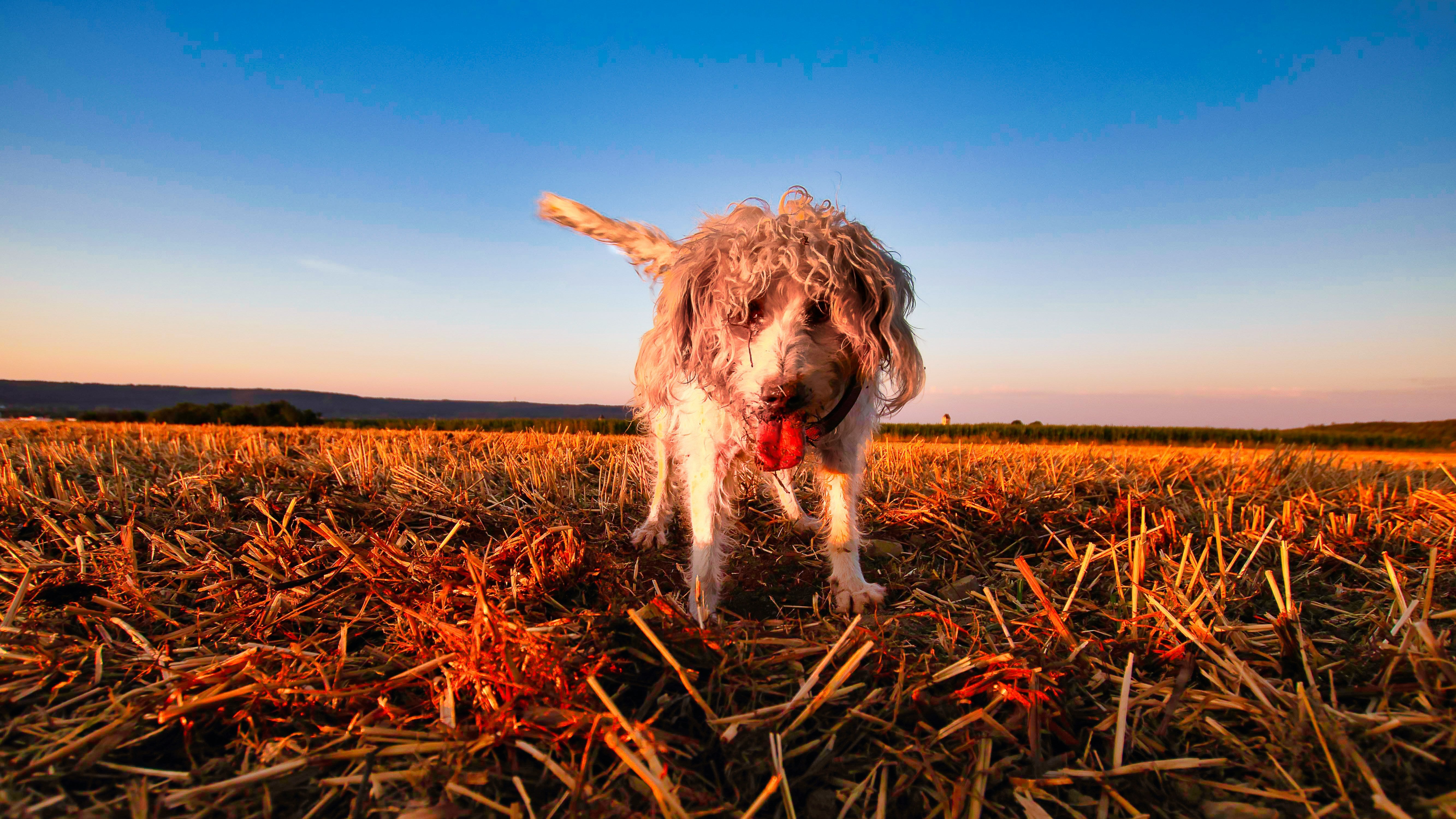
Benefits of Building a Routine for Your Dog
For many people, having a consistent daily routine can make life simpler, which leads to the question–do dogs like routine, too? The answer is a resounding yes. Like you, your pet can benefit greatly from having a set dog schedule that you adhere to every day. Read on to explore the advantages of a daily dog routine and to learn how to create the best one for your pooch.
Benefits of a Routine for Dogs
There are several good reasons to create a daily dog routine. Doing so may help with the following.
Physical and Mental Health
Diet and exercise are essential for your dog's health. Regular feedings of nutrient-dense foods provide the nutrients your pet needs to thrive, while exercise is beneficial for your dog's cardiovascular system, muscles, bones and joints. Regular physical activity also provides mental stimulation for dogs, contributing further to overall well-being.
By creating an activity and feeding routine for a dog, pet owners can ensure that dogs receive both the nutritional and exercise cornerstones of physical and mental health. Having a schedule allows you to set aside time specifically to see to your dog's needs, making it less likely that you'll forget a feeding or realize your dog hasn't had adequate exercise during the day.
Behavioral Consistency
Problem behaviors like barking, pacing and chewing often occur when dogs experience stress and anxiety. Delayed meals, not knowing when to expect your attention and irregular exercise can all cause dogs to feel nervous or anxious.
Sticking to a daily dog schedule can reduce these feelings. Once your dog becomes accustomed to the routine, they're more likely to feel at ease and may be less prone to problem behaviors.
Bonding and Security
When you have a daily routine for your dog, your pooch will feel more secure in the fact that they'll be fed promptly, have a chance to exercise and play and that you'll return when you leave the house. Daily schedules reduce the number of unknowns for your pet, creating a calming environment and building trust between you. Over time, this newfound sense of security can help strengthen your bond with your pet.
It's important to note that a daily dog schedule is beneficial for you, too. When you set aside time for dog care, you're less likely to stress about when you'll fit everything into your busy schedule. As a result, you may be in a better mood and feel more relaxed when you spend time with your dog, enabling both of you to enjoy each other's company more.
Sample Routines for Different Age Groups
What you should include in your dog's daily schedule and when you should complete various dog care activities will depend upon your dog's health and wellness needs and your own daily schedule. Your dog's age will also impact your schedule. To get started creating a dog routine for your pet, use these sample schedules as a model, modifying them as needed to suit your pooch and your family.
Dog Morning Routine
In the morning, consider the following tasks, based on your dog's age:
Puppies
- Greet your dog and allow for some socialization time
- Let your dog outside for a potty break
- Feed your dog breakfast
- Spend 10 to 15 minutes playing
- Let your dog out for a final potty break before you leave the house for work
Middle-aged dogs
- Let your dog out to go to the bathroom
- Feed your dog breakfast
- Provide exercise time
- Give your dog an interactive toy to play with for mental stimulation
Older dogs
- Let your dog out to go to the bathroom
- Feed your dog breakfast
- Administer any medications or joint health supplements that your dog takes
- Encourage light exercise
Dog Afternoon Routine
During the afternoon or early evening, your schedule may look like one of the following, based on your dog's age:
Puppies
- Participate in socialization activities, such as taking a walk or going to the dog park
- Give your dog a chance to have a short nap
- Conduct a training session
- Encourage another short nap
Middle-aged dogs
- Provide 45 minutes to an hour of play
- Allow for relaxation time
- Have a training reinforcement session
Older Dogs
- Provide 30 to 45 minutes of light activity
- Offer a rest period
- Do any necessary health checks or administer any afternoon supplements and medications required
Dog Evening Routine
Wind down your day with an evening routine based on your dog's age.
Puppies
- Serve dinner (time it for about 12 hours after breakfast)
- Enjoy 30 to 45 minutes of light play
- Let your dog out for a final potty break
- Carry out a bedtime routine
Middle-aged dogs
- Serve dinner (time it for about 12 hours after breakfast)
- Enjoy quality time together with light play
- Relax together
- Carry out a bedtime routine
Older dogs
- Serve dinner (time it for about 12 hours after breakfast)
- Administer joint care supplements and any PM medications
- Relax together
- Help your dog get settled in comfortable bedding
Create the Best Dog Routine for Your Pet
As you can see, there are many reasons to adopt a routine for a dog's care. By creating one for your pooch, you can support their physical and mental well-being, promote behavioral consistency and strengthen your shared bond. The key is to develop a schedule for dog routine care that fits your pet's needs and your lifestyle. Ask a professional dog trainer or veterinarian for input about what's right for your dog and start developing your routine.
And for those occasions where your routine may need to change due to holidays, travel, work or other obligations, Kradle Calming Chews may help. Shop our full line-up of supplements today to discover solutions for your fur baby.

